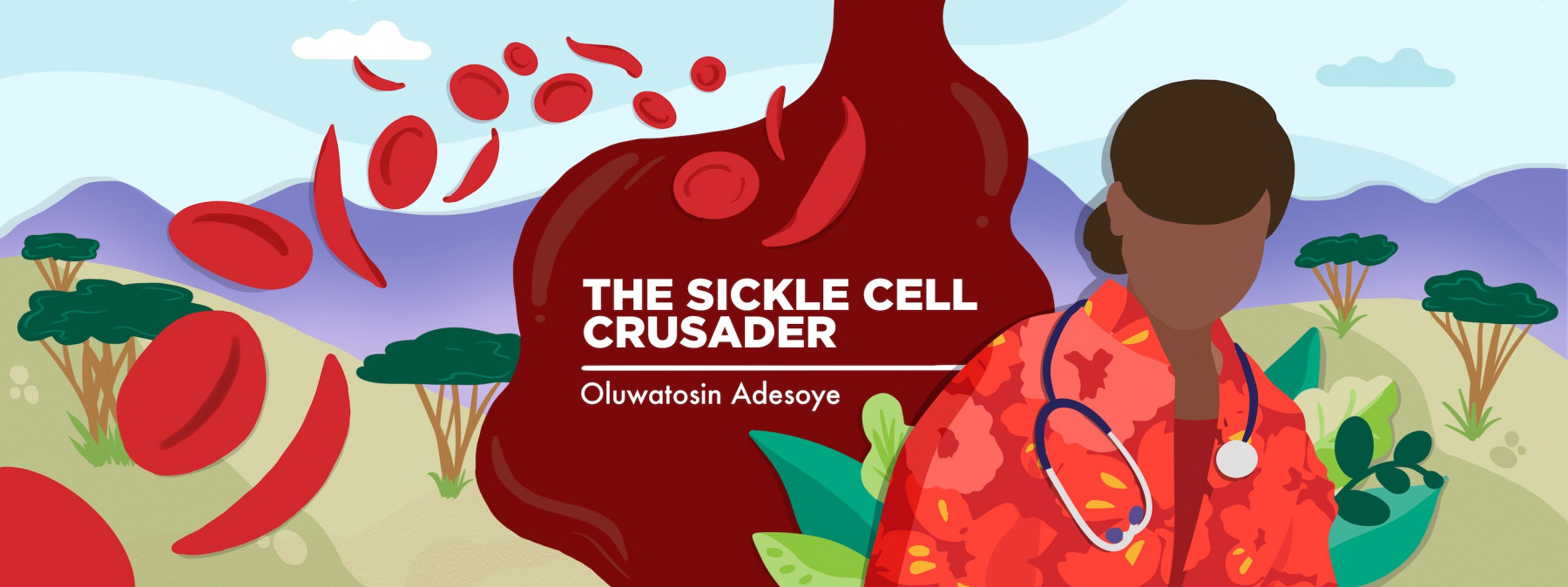Fighting sickle cell stigma, even within our own community
Too often, assumptions about others' disease are fueled by misinformation
Written by |

I once believed that the stigma surrounding sickle cell disease only existed outside of the sickle cell community, perpetrated by those who don’t live with the condition.
However, my experiences interacting with fellow patients and joining sickle cell support groups have revealed a harsh reality: Stigma, hidden or otherwise, is sadly alive and well within our own community.
The harsh reality about patients who stigmatize
Stigma within the sickle cell community usually stems from ignorance about our disease. Patients with a mild form of sickle cell sometimes assume that their better health is always because of their superior self-care habits. They mistakenly assume that bad complications are caused by patients neglecting their health or otherwise being responsible for their symptoms. Based on their assumptions, they sometimes even berate others in the community who actually have severe forms of the disease.
Those assumptions aren’t always valid. Sickle cell disease affects each patient differently, even those with the same genotype. Different factors create the various degrees of severity, and not all those factors are within our control. It’s disheartening to see sickle cell patients judging and stigmatizing one another instead of supporting one another.
I’ve witnessed firsthand how this lack of understanding can lead to stigma. Some warriors talk down to or stigmatize others because they can’t relate to their unique struggles. I often hear, “Don’t we all have the same sickle cell?” This statement is not only ignorant, but also harmful. It dismisses the complex and varied ways that sickle cell disease can manifest. It implies that those with more severe cases are careless about their health, a generalization that’s typically wrong.
We need to recognize that our experiences with sickle cell disease often aren’t comparable and that each person’s journey is valid. We must work to create a supportive community where everyone can share their struggles without fear of judgment or stigma.
I recently posted a question in my Sickle Cell Celebs Facebook group, asking if the people there thought some sickle cell patients share too much about their health struggles. A significant number of respondents answered yes, expressing frustration with how some individuals constantly discuss their pain. Some commented that these warriors should focus on other topics while others accused them of seeking sympathy. A few went so far as to label them as annoying.
Most alarmingly, I had to address a warrior who referred to fellow patients as a “burden.” This kind of negative feedback highlights the need for greater education and understanding within the sickle cell community.
Respecting the uniqueness of our health struggles
It’s crucial for sickle cell patients to recognize that having the same type of sickle cell doesn’t mean we’ll experience the same level of severity. We must respect each other’s unique struggles.
Most importantly, let’s allow individuals to share their pain in their own way, without judgment. Not everyone who shares their pain seeks pity. Talking about our pain and experiences can be a form of therapy, a means to improve mental health or heal from emotional pain. It can also be an opportunity for sickle cell education and advocacy.
If friends’ posts about their pain make you uncomfortable, consider unfollowing or blocking them. That’s better than attempting to silence their freedom of expression. I find it unacceptable when people dictate what others should post or talk about in a comment section. Let’s prioritize empathy and understanding, allowing each person to share their experiences without criticism or judgment.
People living with sickle cell disease deserve respect. We must all refrain from passing judgment on each other’s pain, choices, and realities. Instead, we should embrace empathy, even if we cannot fully relate. Through this, we can create a more supportive and understanding community. Let us work together to foster an environment where every sickle cell patient feels valued and heard.
Note: Sickle Cell Disease News is strictly a news and information website about the disease. It does not provide medical advice, diagnosis, or treatment. This content is not intended to be a substitute for professional medical advice, diagnosis, or treatment. Always seek the advice of your physician or other qualified health provider with any questions you may have regarding a medical condition. Never disregard professional medical advice or delay in seeking it because of something you have read on this website. The opinions expressed in this column are not those of Sickle Cell Disease News or its parent company, Bionews, and are intended to spark discussion about issues pertaining to sickle cell disease.







Leave a comment
Fill in the required fields to post. Your email address will not be published.